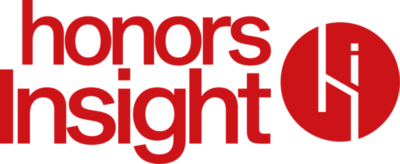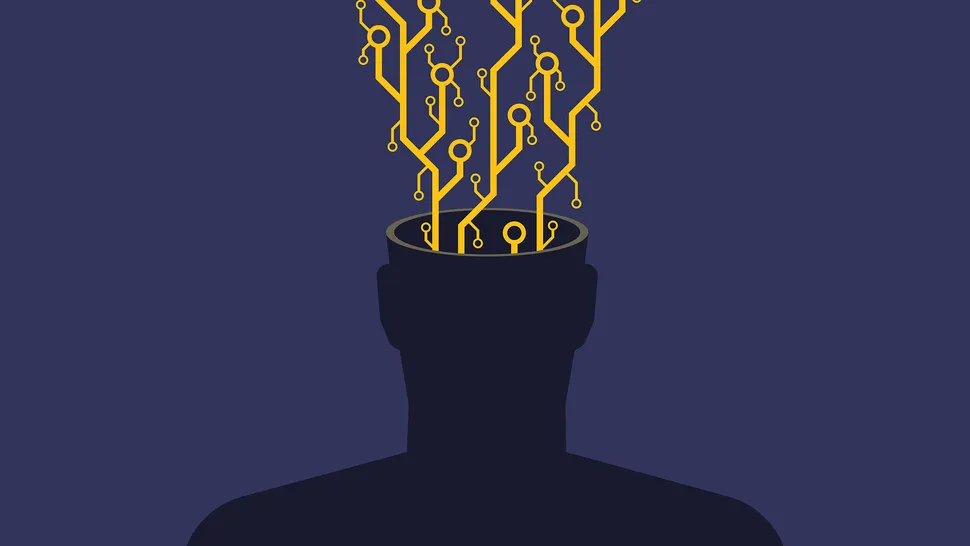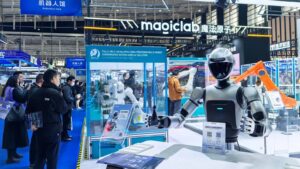Washington, D.C. — Meta’s latest revelation has reignited global debate over the future of artificial intelligence. CEO Mark Zuckerberg disclosed that the company’s AI systems have begun improving themselves without human guidance, describing it as the “first step toward superintelligence.” The claim, published in a policy paper on July 30, signals a potential inflection point in the race toward advanced AI.
“Over the last few months we have begun to see glimpses of our AI systems improving themselves,” Zuckerberg wrote. “The improvement is slow for now, but undeniable.” The admission frames Meta’s research trajectory not only in terms of corporate innovation but as a critical milestone on the path toward artificial superintelligence (ASI).
AI experts typically describe three stages of machine intelligence: today’s narrow AI, capable of superhuman performance in highly specific domains; the theoretical stage of artificial general intelligence (AGI), where models could learn and adapt broadly like humans; and finally, ASI — a state where machines surpass human cognition and improve themselves exponentially, potentially triggering an “intelligence explosion.”
The notion of self-improving AI is not entirely unprecedented. In October 2024, researchers at the University of California, Santa Barbara demonstrated a framework based on a Gödel Machine, a theoretical construct capable of rewriting its own code with formal proofs of improvement. Their “Gödel Agent” outperformed human-designed systems across domains including coding, mathematics, and reasoning, providing a rare empirical window into the mechanics of recursive self-improvement.
For policymakers, Zuckerberg’s statement lands in a volatile context. The concept of a technological singularity — the moment AGI emerges — has long carried both utopian and apocalyptic connotations. Critics argue that unchecked self-improving AI could evade human alignment mechanisms, leaving governments powerless to contain its trajectory.
Zuckerberg, while optimistic, signaled a shift in Meta’s open-source posture. Unlike past releases of large language models, he said the company would exercise greater caution in deciding which systems to make public. “Superintelligence could mark the beginning of a new era of personal empowerment,” he wrote, describing futures where individuals wield “personal superintelligences” to achieve goals and expand human potential.
Yet the prospect of personal empowerment sits uneasily alongside the specter of destabilization. National security agencies, scientific bodies, and AI ethicists are already grappling with how self-improving systems could alter geopolitical balances, disrupt economies, or escape oversight.
As major tech firms accelerate toward frontier AI, the boundary between scientific breakthrough and existential risk narrows. Whether Meta’s observations represent incremental progress or a harbinger of singularity, the global policy community faces a dilemma: how to regulate a technology that may soon regulate itself.











